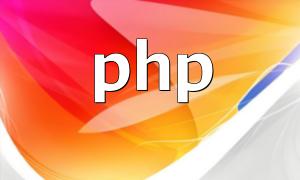In PHP development, JSON is a common format for data exchange. Often, we need to parse a JSON string and assign it to a PHP variable for further processing. Below are several common methods to achieve this.
The most common way to assign a JSON string to a PHP variable is by using the json_decode() function. This function converts a JSON string into a PHP array or object.
$json_string = '{"name": "John Doe", "age": 30}';
$json_data = json_decode($json_string);
In the example above, $json_data is a PHP object, and you can access its data using object properties.
If you prefer to work with arrays, set the second parameter of json_decode() to true:
$json_array = json_decode($json_string, true);
This converts the JSON string into an associative array, which is convenient for array-based operations.
By default, json_decode() returns an object. You can explicitly specify this behavior by setting the second parameter to false:
$json_object = json_decode($json_string, false);
This allows you to access JSON data through object properties.
Once the JSON has been decoded and assigned to a PHP variable, you can access its data using array keys or object properties. For example:
// Access object property
echo $json_data->name; // Output: John Doe
// Access array element
echo $json_array['age']; // Output: 30
These examples show how you can flexibly handle JSON data as either objects or arrays, depending on your application needs.
This guide explained several ways to assign JSON strings to variables in PHP using the json_decode() function, and how to handle data as either objects or arrays. Mastering these techniques will help developers efficiently manage JSON data in PHP projects and streamline frontend-backend data exchange.







